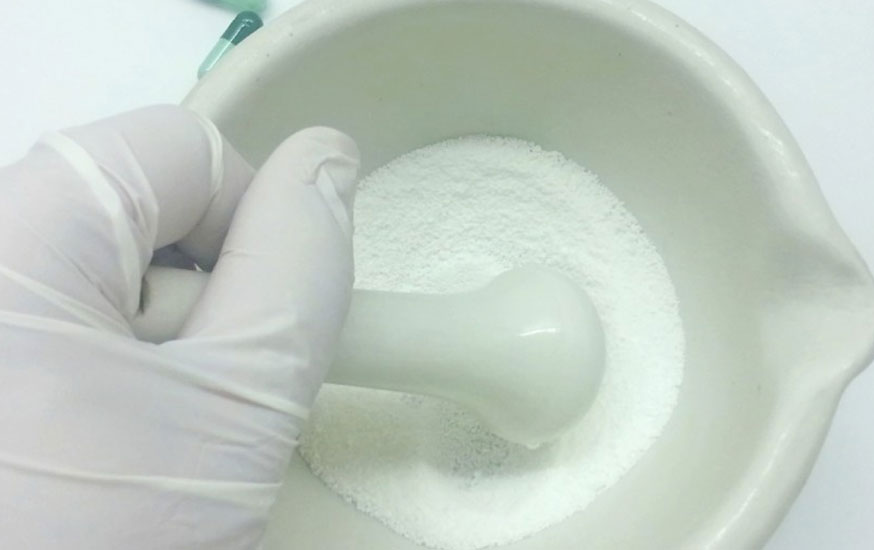Just days after FDA Commissioner Dr. Scott Gottlieb shared the 2018 Compounding Policy Priorities Plan, FDA issued three guidances:
These Guidances are just a part of FDA’s plan and mission to protect the health and safety of the public by ensuring that medicines are made (manufactured or compounded) according to appropriate quality standards, preserving access to compounded products and continue to preserve the drug approval process.
The first compounding guidance provides FDA’s policies on the provision of DQSA Section 503A, under which exemptions from the drug approval process (for both new and generic drugs), GMP requirements, and labeling of drugs with adequate directions for use are provided for drugs that are compounded by traditional compounding facilities. These drug products are required to be compounded by a licensed pharmacist or doctor who does not compound regularly or in inordinate amounts drug products that are essentially copies of a commercially available drug product. FDA details their policies and defines the following: commercially available; essentially a copy of a commercially available drug product; and regularly or in inordinate amounts.
This guidance defines what FDA considers and what they do not consider a compounded drug product to be — essentially a copy of a commercially available approved product. If the compounded product has the same API, and that API has the same or similar strengths and the same route of administration, then FDA is likely to determine that the compounded product is essentially a copy. For 503A(b)(2), a compounded drug product is not essentially a copy of an approved product if a change is made for an identified individual patient and the prescribing practitioner has determined that the change will produce a significant difference for the patient and that this is documented on the valid prescription.
An exemption is if the commercially available product is on the FDA Drug Shortage List (a drug “appears on the drug shortage list in effect under section 506E” if the drug is in “currently in shortage” status [and not in “resolved” status] in FDA’s drug shortage database), then compounding can be undertaken. Note that this must be recorded/noted on the valid prescription and the date that the list was checked. Dispensing of compounded products on the drug shortage list is to cease 60 days after the drug is removed from the list.
FDA defines “compounded regularly” as more frequently than needed to address unanticipated, emergency circumstances or in small quantities needed to address unanticipated, emergency circumstances.
For defining inordinate amounts, FDA does not intend to take action against a compounder if the compounder fills 4 or fewer prescriptions in a calendar month.
The second compounding guidance covering Section 503B has the same provisions as the first guidance regarding what is essentially a copy of an approved commercial product. The 503B Outsourcer has the same exemption if the drug is on FDA’s Drug Shortage List. FDA does not plan to take action against a 503B outsourcing facility if an approved drug has been withdrawn or is no longer marketed.
The 503B Outsourcer must register with FDA and meet GMP regulations, but is exempt from labeling requirements for adequate direction for use, exempt form the drug approval process and is exempt from the drug supply chain security requirements of DQSA.
If an outsourcing facility compounds a drug with a bulk drug substance that is a component of an approved drug, there must be a change that produces a clinical difference for an individual patient as determined by the prescribing practitioner, and the outsourcing facility should ensure that the determination is noted on the prescription or order (which may be a patient-specific prescription or a non-patient specific order) for the compounded drug.
If a healthcare practitioner orders a compounded drug from an outsourcing facility for office stock, the outsourcing facility should obtain a statement from the practitioner that specifies the change between the compounded drug and the comparable approved drug and indicates that the compounded drug will be administered or dispensed only to a patient for whom the change produces a clinical difference, as determined by the prescribing practitioner for that patient.
The first two guidances have Appendices that contain a decision tree for how FDA determines whether a compounded product is essentially a copy of a commercially available product.
FDA is considering the applicability of the policies described in these guidances to hospitals and health systems and intends to address these issues in separate guidance or rulemaking.
The third guidance describes the conditions under which FDA does not intend to take enforcement action for violations of Section 351 of the Public Health Service Act when a state-licensed pharmacy, a federal facility, or an outsourcing facility dilutes, mixes, or repackages certain biological products outside the scope of an approved BLA, in accordance with 13 listed criteria in this Guidance.
FDA considers a biological product that is mixed, diluted with components, or repackaged in a new container closure system outside the scope of an approved BLA as an unlicensed biological product.
Some of the criteria are: ingredients must be sterile; product can only be distributed after receipt of a valid prescription for an individual patient; primary packaging must be sterile; preparation/compounding time must be less than 4 hours; By Use Date (BUD) is to be no longer than 24 hours or less (if in BLA); or if an Outsourcers conducts stability studies (science and data driven); and the products can not be transferred or sold by an entity other than the entity that mixed, diluted, or repackaged the biological product.
It is strongly recommended that impacted parties read these guidances in detail.



